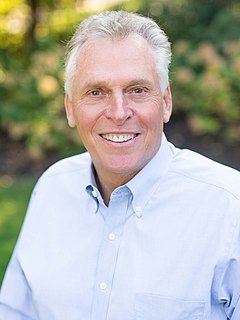A Quote by J. L. Austin
Is it true or false that Belfast is north of London? That the galaxy is the shape of a fried egg? That Beethoven was a drunkard? That Wellington won the battle of Waterloo? There are various degrees and dimensions of success in making statements: the statements fit the facts always more or less loosely, in different ways on different occasions for different intents and purposes.
Related Quotes
Markets are efficient, but there are different dimensions of risk and those lead to different dimensions of expected returns. That's what people should be concerned with in their investment decisions and not with whether they can pick stocks, pick winners and losers among the various managers delivering basically the same product.
Was it possible that Napoleon should win the battle of Waterloo? We answer, No! Why? Because of Wellington? Because of Blucher? No! Because of God! For Bonaparte to conquer at Waterloo was not the law of the nineteenth century. It was time that this vast man should fall. He had been impeached before the Infinite! He had vexed God! Waterloo was not a battle. It was the change of front of the Universe!
The only ethical principle which has made science possible is that the truth shall be told all the time. If we do not penalize false statements made in error, we open up the way for false statements by intention. And a false statement of fact, made deliberately, is the most serious crime a scientist can commit.
No two men see the world exactly alike, and different temperaments will apply in different ways a principle that they both acknowledge. The same man will, indeed, often see and judge the same things differently on different occasions: early convictions must give way to more mature ones. Nevertheless, may not the opinions that a man holds and expresses withstand all trials, if he only remains true to himself and others?
Whereas happiness is the highest good, being a realization and perfect practice of virtue, which some can attain, while others have little or none of it, the various qualities of men are clearly the reason why there are various kinds of states and many forms of government; for different men seek after happiness in different ways and by different means, and so make for themselves different modes of life and forms of government.








































